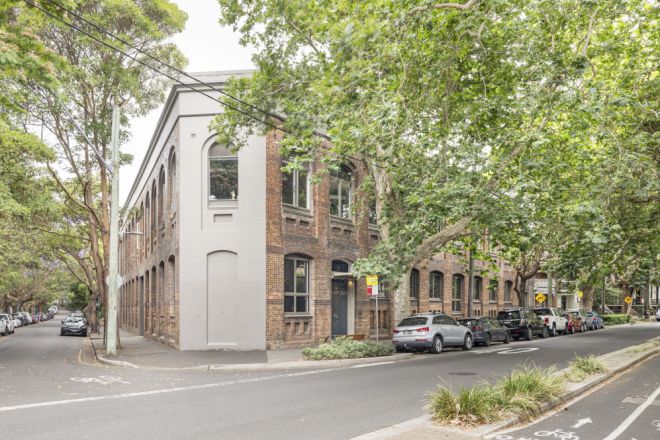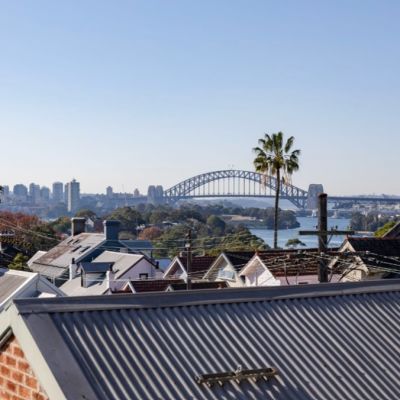Why now could be a better time to buy a house
Prospective home buyers’ pessimism about whether the current moment is a good time to buy has dropped to its lowest level since the start of 2023.
Consumers expect interest rates to start to fall – or at least not rise any further – and house prices to rise over the coming year, the closely watched Westpac-Melbourne Institute Consumer Sentiment survey this week found.

And on the ground, brokers report that some buyers are trying to purchase before any rate cuts increase the amount of competition they may face next year.
The “time to buy a dwelling” measure rose to 78 points, its highest read since the start of last year, but still in deep negative territory – well below 100 points – Westpac found.
Westpac senior economist Matthew Hassan said the result was well below its long-term average of about 120.
“It has improved a little bit, but it’s still pretty deeply pessimistic,” he said.
“People have calmed down about rate rise fears … the consumer is coming round to the idea that rates are likely to move lower than higher.”
But looking closely, the improvement was partly due to local factors, he said, with jumps in Queensland and South Australia where state governments have rolled out first home buyer assistance. Victoria fell amid higher taxes for property investors.
The survey found mortgage rate expectations have dropped a third since July, while two-thirds of consumers expect house prices to rise over the next year.
“Interest rates have an effect but so do prices and incomes, and while that interest rate story is turning the affordability situation, the improvement is going to be fairly marginal,” Hassan said.

He expects an initial cash rate cut in February, and then a tentative easing cycle with one cut per quarter afterwards.
He emphasised that whether it’s a good time to buy depends on personal circumstances, but said those who can take on debt in a high interest rate environment have an advantage over those who are priced out by high mortgage rates.
“There’s not an expectation of getting better prices by delaying a purchasing decision at this stage, but they’re not yet seeing lower interest rates that would help bridge the gap in a purchase.”
AMP chief economist Dr Shane Oliver said although the survey showed many consumers thought it was not a good time to buy, it may not be a bad time when interest rates are high and buyer demand is depressed – particularly in places where prices are softening, such as Melbourne and parts of Sydney.
“We’re also seeing a pick-up in listings so it’s becoming a bit more of a buyer’s market in those locations,” he said. “It’s not a bad time to be looking.”
But it was a different situation in Brisbane and Perth where property prices have been booming, he said.
He tips an interest rate cut in February next year but said it could be as soon as December, as the underlying rate of inflation falls.
An easing cycle would boost the property market, but historically a couple of rate cuts have usually been needed before the market takes off, he said.

“Once you start to see the cuts buyers will start to get more enthusiastic about expectations for more cuts ahead, which will ultimately push the property market up — not necessarily after the first one,” he said.
“By April or May you’d probably expect to see stronger momentum occurring in average prices and the cycle starting to hook back up again.”
And if rate cuts come into view, there may not be much more of a lift in distressed sales, which could also put a floor under pricing, he said.
“If rate cuts are on the horizon it makes more sense to try and hang in there.”
Mortgage broker Chris Foster Ramsay has noticed home buyers trying to get in ahead of the Reserve Bank’s move.
“The smart ones are trying to buy before the rate cut because of the potential impact around the market forces,” he said.
“[Buyers ask], ‘If rates drop, borrowing capacity goes up, does that mean there will be more competition in the market if property prices will go up as well?’ So that seems to be what I’m hearing.”
When buyers ask if they should purchase now or wait, he points out that if they wait for lower interest rates they risk paying more for a home.
He said single-income buyers are finding it “exceptionally problematic” to be competitive for suitable homes and are compromising on house size or location, or accessing help from family.
Double-income buyers now have better borrowing capacity but still often need cash contributions or federal government help with the deposit, he said.
We recommend
We thought you might like
States
Capital Cities
Capital Cities - Rentals
Popular Areas
Allhomes
More










